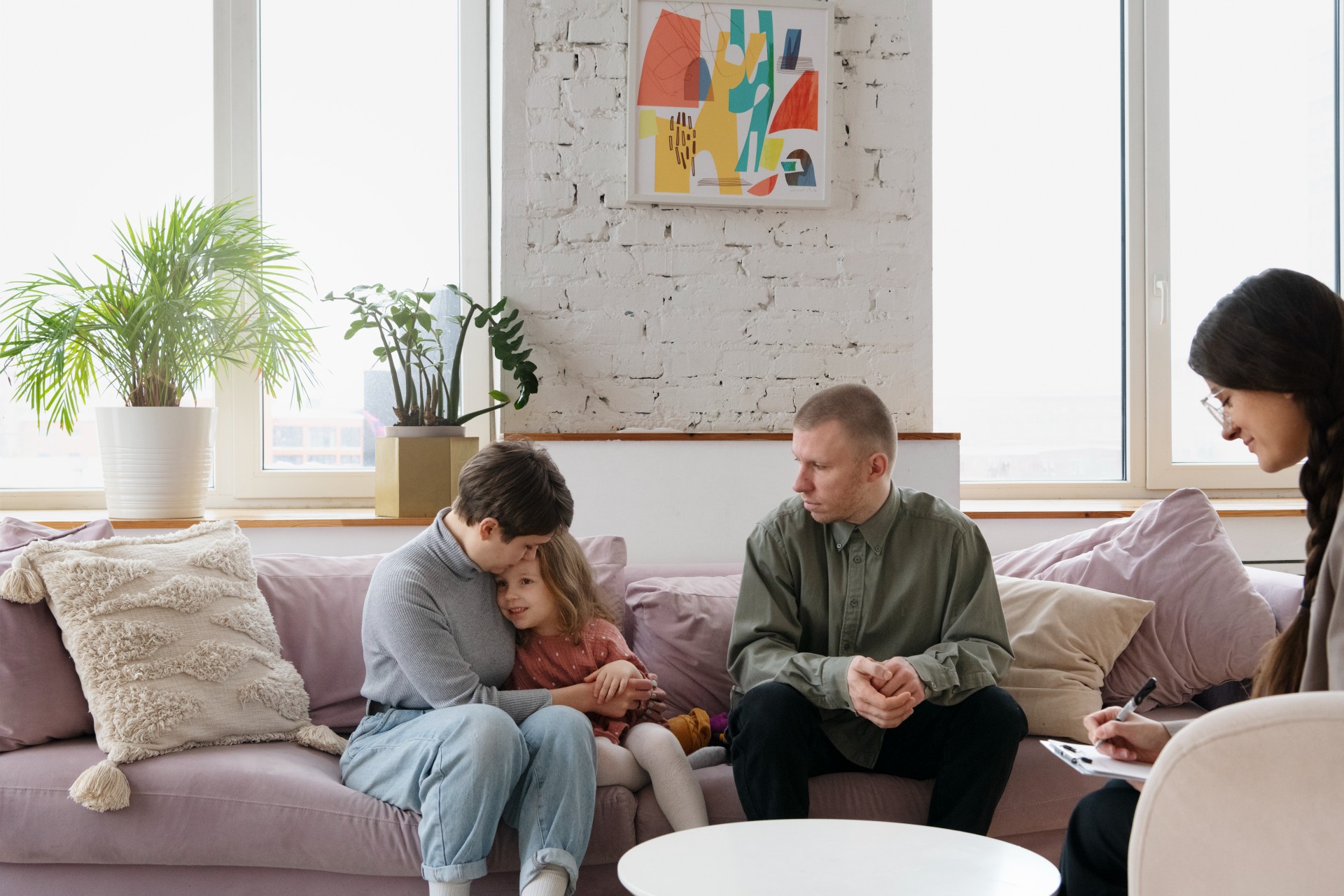So your mom suddenly asked, “What is this Insta-snap thing?” and your dad keeps watching WhatsApp forwards on full volume at 5 AM. Guess what? They’re not just growing older — they might be craving connection, routine, and a little bit of mental health TLC.
Don’t panic. You don’t need a psychology degree to support their emotional well-being. All you need is this step-by-step, culturally-savvy guide — with a pinch of humour, a dollop of patience, and zero guilt trips.
Step 1: Start the Conversation (Without Causing a Heart Attack)
Sitting down to talk feelings with your parents might feel like announcing you’ve quit your job to become a professional tarot reader. But trust us — it’s worth it.
Say something gentle like:
🗣️ “You’ve been quiet lately, Ma. Are you feeling okay?”
Normalize their emotions:
💬 “It’s okay to feel lonely sometimes. Let’s talk about it.”
Keep it casual. Bonus points if there’s chai involved. If they dodge the topic by asking if you’ve eaten, take it as a win. You’ve planted the seed.
Step 2: Invite, Don’t Instruct (You’re Not Their Boss)
Don’t say: “You have to start going out.”
Say: “We’d love to take you to the temple park on Sunday — and your grandkids want to race you there.”
It’s about inclusion, not obligation. Remember, elders in India or Singapore often face isolation due to the nuclear-family shift, migration of kids, or just Netflix addiction (yours, not theirs).
Step 3: Don’t Let Them Become Sofa Statues
Yes, your dad loves his recliner. But movement = mood booster. Encourage light activity like:
🧘 Morning yoga for seniors (seated poses count)
🚶♂️ Evening walks with neighbours (aka, “walking gossip sessions”)
📿 Reading religious texts or attending satsangs (mental calm + community)
Keep the vibe: purposeful, not pushy.
Step 4: Add Social Spice
Elderly isolation is no joke — even in joint families. You might be in the next room, but if you’re always on Zoom calls or Netflix, they might as well be in a cave.
Try:
📞 Regular video calls with distant cousins
🍛 Friday lunch with old family friends
🎲 Weekend board games (Ludo diplomacy is underrated)
Don’t underestimate the power of feeling included — it’s cheaper than therapy and tastier than antidepressants.
Step 5: Check the Signals (Without Playing Doctor)
Look out for subtle (or not-so-subtle) signs of distress:
🚨 Withdrawal or apathy
🚨 Sudden loss of appetite (yes, even their love for pickle)
🚨 Sleep issues, unexplained aches, or mood swings
About 1 in 5 Indian seniors face mental health issues, per NITI Aayog. But stigma keeps them silent. So YOU stay observant — Sherlock with a heart.
Step 6: Cut the Screen Time (Unless It’s Ramayan)
Too much TV, YouTube bhajans, or viral WhatsApp videos can make their minds mushy. Offer alternatives:
📚 Audiobooks of spiritual texts
📸 Teaching them Instagram (“Beta, where is filter that makes me look 40?”)
🎶 Old Bollywood playlists on Spotify
Balance is key. Let them enjoy tech — but not become possessed by it.
Step 7: Bring Back Their Old Hobbies
Remember when Amma used to paint? Or when Appa knew the names of every cricket player since 1960?
Reignite old passions:
🖼️ Craft or painting kits
🎣 Light gardening on the balcony
📖 A diary to jot stories (that you’ll pretend to read)
Purpose equals peace of mind.
Step 8: Get Professional Help (No, It Doesn’t Mean They’re ‘Mad’)
Seeking help is not failure. If symptoms persist, reach out.
In India:
Check NGOs like Silver Innings, Nightingales Medical Trust, or elder programs under NIMHANS.
In Singapore:
Try Silver Ribbon, Agency for Integrated Care (AIC), or Community Counselling Centres.
💡 Tip: Frame it as “talking to someone about sleep issues” — not “psychiatrist visit.”
Note: At Sanaroo Healthcare, we offer comprehensive mental health counselling for seniors — face-to-face sessions for residents in Singapore and online therapy options for those in India.
Step 9: Respect Their Independence (Even if They Can’t Work the Microwave)
Parents may resist help because they fear losing control. So involve them in decisions:
❌ Don’t say: “I’ve booked your therapist.”
✅ Say: “Would you prefer a male or female counselor?”
Ask their opinion. Give choices. Treat them as partners, not patients.
Step 10: Take Care of Your Mental Health Too
News flash: You can’t pour from an empty kettle. Caregiver burnout is real. So:
☕ Take your own breaks
🧘 Meditate, or just breathe deeply after explaining Wi-Fi for the 400th time
👯 Talk to siblings or a support group
Elders can feel your stress. Be kind to yourself — it makes you a better helper.
Bottom Line (For the Busy Bees)
Supporting an elderly parent’s mental health isn’t about grand gestures or weekly therapy bills. It’s about small, consistent efforts that say:
“You still matter. You still belong. We’re in this together.”
Just keep showing up — with empathy, humor, and the occasional rasgulla.
Has a tip that worked with your parents? Or a funny moment from trying to explain Zoom to your dad? Share it below! 👇

